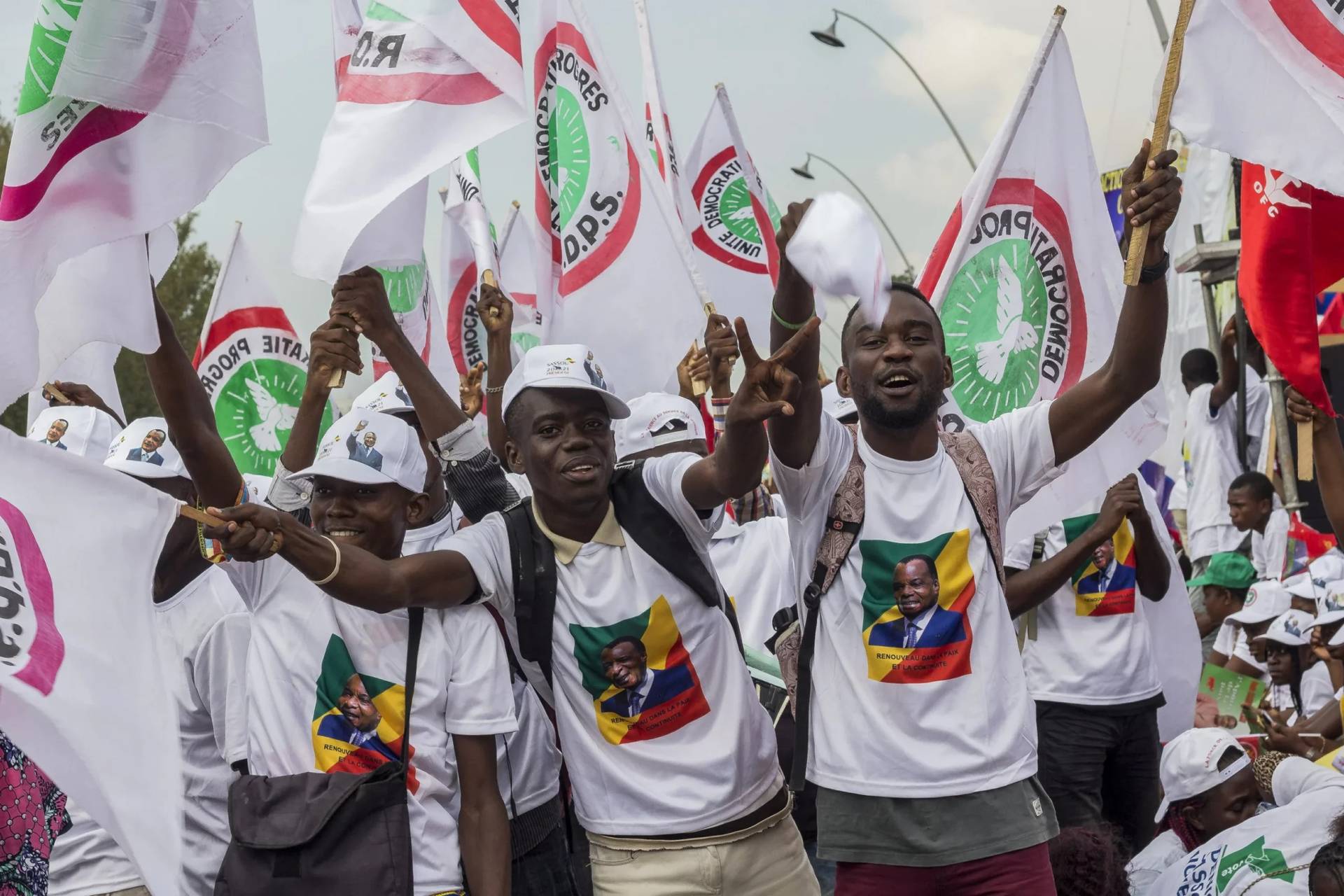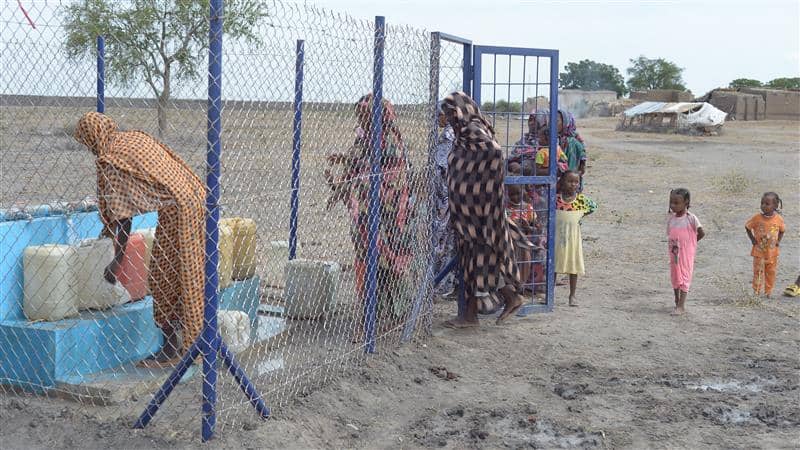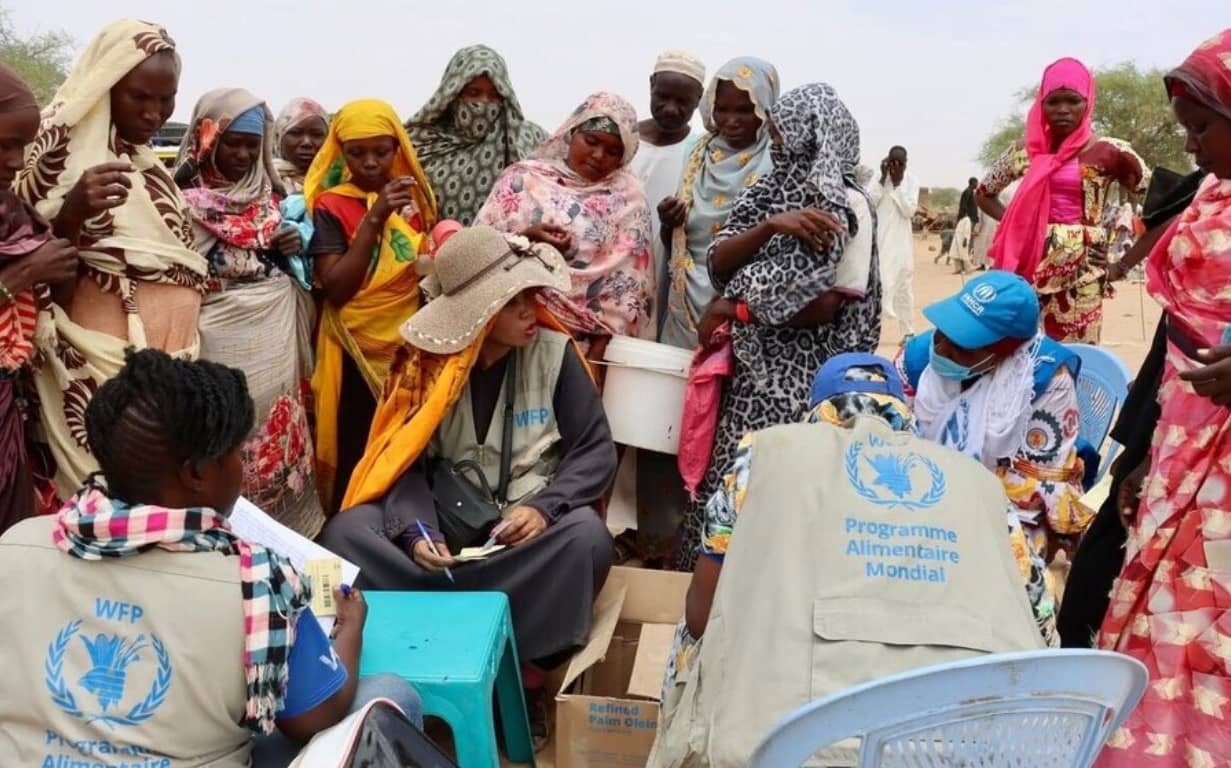An ongoing crisis in the Anglophone regions of Cameroon is seriously affecting the religious life in the region, according to a new report.
Taking an in depth look at the Diocese of Buea, the pontifical charity Aid to the Church in Need said the crisis has “severe consequences.”
In 2016, demonstrations broke out in the English-speaking North West and South West Regions of Cameroon after there were demands to use French in the common law courts and English-modeled schools used in the Anglophone regions.
English speakers make up around 20 percent of the country’s population and have long complained about marginalization in the majority-Francophone country.
After Cameroon’s security forces’ heavy-handed response – including using live ammunition on demonstrators – rebel movements arose calling for the independence of Anglophone Cameroon, saying the new country would be called Ambazonia.
According to the UN, the ensuing fighting between the separatists and government forces has led to the deaths of at least 2,000 people, and the displacement of a further 500,000.
The rebels have also enforced an education boycott by kidnapping teachers and students, and even destroying schools.
Buea is the capital of the South West Region and has over 430,000 Catholics, a third of the total population.
According to the information received by Aid to the Church in Need (ACN), there are more than 20,000 Internally Displaced Persons (IDPs) within the diocese.
The charity reports that since November 2016, over eight localities or communities have been burned down, 70 raided and 25 abandoned. The local inhabitants have been forced to seek refuge in local farms in the countryside.
In addition, more than 200 civilians – including non-Catholics – have been killed within the territory of the diocese.
ACN also said there have been “severe consequences for the pastoral life of the Church as well, which has been seriously disrupted.”
About 10 parishes and mission stations have been forced to suspend their pastoral work, and several others have been attacked during fighting between government forces and rebel groups.
“On the other hand, diocesan medical centers such as Mt. Mary Hospital Buea and Regina Pacis Hospital Muntengene have witnessed a drastic fall in the number of patients,” the ACN statement said. “This has been largely due to the mass exodus of people to other areas.”
In addition, the charity warned of threats to food security, since farmers have also been forced off their land.
“In the face of all these challenges, the clergy and the faithful continue to show perseverance and great faith in observing their pastoral commitments,” the statement said.
The massive participation during big celebrations, such as Chrism Mass 2019 at the Cathedral in Small Soppo in Buea, is a clear testament to this.
Follow Charles Collins on Twitter: @CharlesinRome
Crux is dedicated to smart, wired and independent reporting on the Vatican and worldwide Catholic Church. That kind of reporting doesn’t come cheap, and we need your support. You can help Crux by giving a small amount monthly, or with a onetime gift. Please remember, Crux is a for-profit organization, so contributions are not tax-deductible.


















